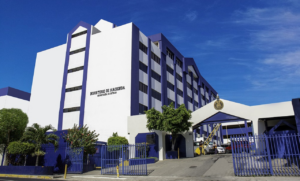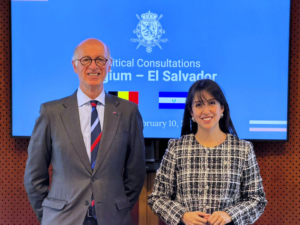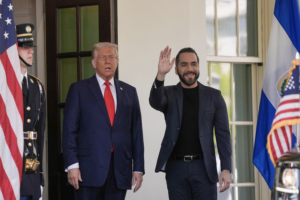The International Monetary Fund (IMF) has issued a stark warning: restricting the flow of migrants and refugees can reduce countries’ productivity, especially in emerging economies. In a preview of its World Economic Outlook (WEO) report, the institution noted that restrictive migration policies, while seeking to mitigate social tensions, could be hindering key economic opportunities.

The report details that limiting the legal entry of migrants and refugees thwarts the growth potential of receiving nations, displacing migration flows to other regions. According to its calculations, a more restrictive policy that curbs 20% of flows could generate a 10% increase in inflows to other economies in five years, along with a 0.2% increase in their output.
From a labor perspective, migrants and refugees provide a workforce that, if properly integrated, complements and enhances the capabilities of the native population. This translates into increased productivity, particularly in sectors where talent is scarce or the population is aging.
For emerging and developing markets, where the majority of refugee and migrant populations are concentrated (75% and 40% respectively), effective integration represents a critical opportunity to boost employment, broaden the tax base, and foster entrepreneurship. However, these benefits depend on public and private investment in essential infrastructure and services.

The IMF proposes strengthening international cooperation as a structural response to these challenges. Equitable redistribution of short-term costs would alleviate pressure on host nations while capitalizing on the potential of a diverse workforce willing to contribute to global economic growth.
Although social tensions are a factor to consider, the focus should be on channeling the migration phenomenon as an economic asset.
You may also be interested in







